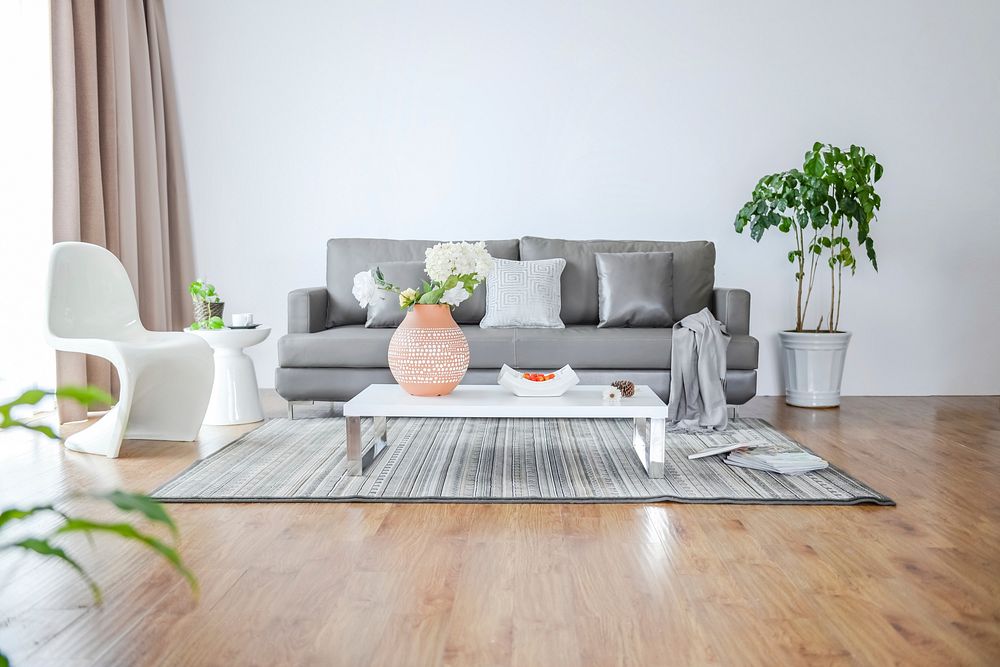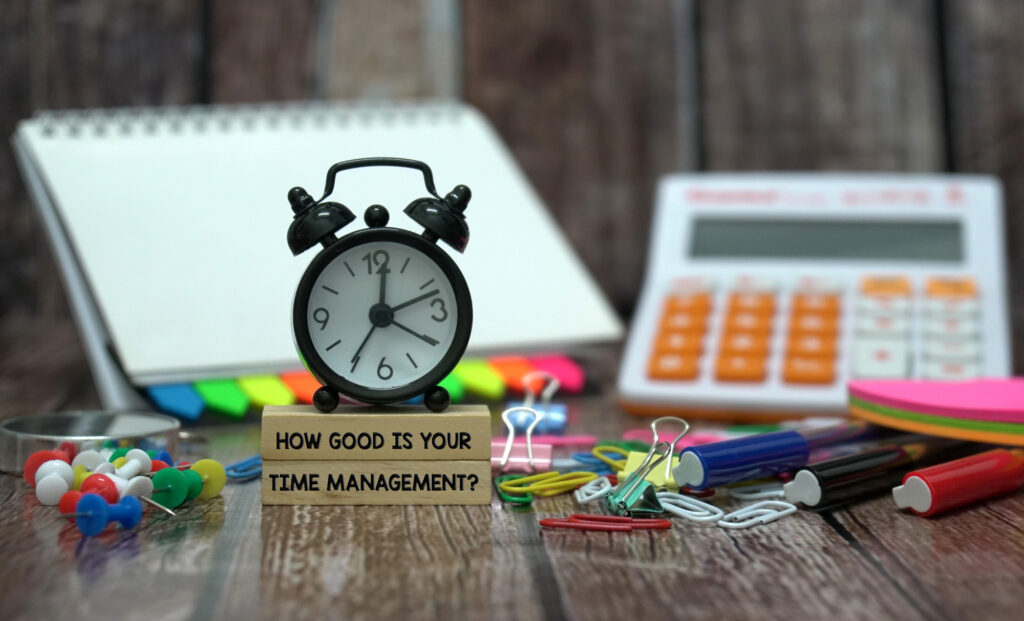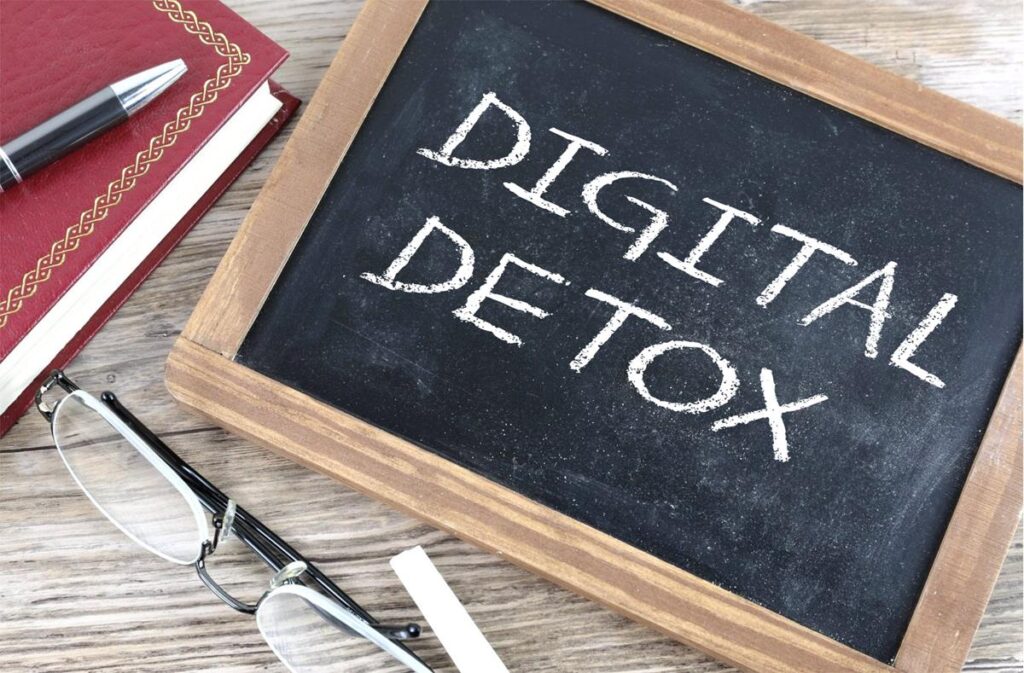Minimalist Living: How Decluttering Improves Mental Health and Reduces Anxiety

The Mental Weight of Clutter
Imagine walking into a room where clothes are scattered, papers pile up on every surface, and random objects are strewn about. Instantly, you feel overwhelmed and mentally drained. This is the mental weight of clutter, and it affects more than just your physical space. The chaos of a cluttered room can create a similar disarray in your mind.
Minimalist living offers more than just a clean, organized home—it’s a lifestyle that promotes mental clarity and emotional well-being. By clearing away unnecessary items, you create space not only in your environment but also in your mind. Minimalism helps reduce mental overload and allows you to focus on what truly matters.
Decluttering has been shown to reduce anxiety, enhance focus, and improve overall mental health. A clean space provides a sense of calm, empowering you to tackle your day with a clear mind. Minimalism is about embracing simplicity to find peace in your surroundings.
The Science of Clutter and Mental Health
Studies show that living in cluttered environments increases stress levels. Research from UCLA found that individuals living in cluttered homes have higher levels of cortisol, the stress hormone. The constant visual stimuli of a cluttered space overstimulate the brain, leading to feelings of anxiety and mental fatigue.
Clutter also impacts cognitive function. When your environment is cluttered, your brain has to work harder to process and sort through the visual chaos, making it difficult to focus on tasks. This cognitive overload reduces your ability to make decisions and leads to mental exhaustion. In a cluttered space, even simple tasks can feel overwhelming, contributing to procrastination and stress.
On the other hand, a clean, organized space allows your mind to relax and focus. When you have fewer distractions, your brain can process information more efficiently, leading to better decision-making and increased mental clarity. Studies suggest that people who maintain tidy environments experience lower cortisol levels and improved overall mental health. Decluttering isn’t just about tidying up; it’s about creating space for peace of mind.
The Emotional and Psychological Benefits of Minimalism
One of the most profound benefits of minimalism is its ability to reduce anxiety. By simplifying your surroundings, you eliminate the constant mental stimuli that come with excess clutter. This creates a calmer, more peaceful environment that allows your mind to rest. Minimalism helps create mental space, enabling you to focus on what’s truly important without the distractions of a chaotic environment.
With fewer distractions, minimalism also improves focus and productivity. When your environment is clear, your mind is better able to concentrate on tasks. You’ll find that decision-making becomes easier, and you’ll feel more motivated to tackle projects with a clearer sense of purpose. This enhanced focus leads to increased productivity and a sense of accomplishment.
On an emotional level, minimalism brings a sense of freedom. Letting go of unnecessary belongings helps you break free from the emotional attachment to material items. This process of letting go creates emotional relief, leaving you feeling lighter and more in control of your life. It fosters a deeper sense of emotional well-being.
Minimalism also encourages mindfulness and reflection. By living with less, you become more intentional about what you own and what you value. This encourages you to practice gratitude for the things you do have, leading to a more fulfilling and peaceful state of mind. Minimalism is not just about decluttering your space; it’s about creating space for mindfulness and deeper self-awareness.
Practical Steps to Start Your Minimalist Journey
Starting a minimalist journey can feel overwhelming, but the key is to start small. Instead of tackling your entire house, begin by decluttering one small area—like your desk, closet, or even a drawer. This makes the process more manageable and helps you experience quick, motivating wins.
Before you begin, set a clear purpose. Why are you decluttering? Is it to reduce stress, improve focus, or achieve mental clarity? Having a specific goal will help you stay focused and intentional throughout the process.
Creating a daily habit of decluttering is crucial for long-term success. Start by setting aside 5-10 minutes each day to clean up a small section of your home. This makes decluttering less daunting and ensures it becomes a sustainable practice over time.
Don’t forget about digital decluttering—your digital space can be just as mentally overwhelming as your physical space. Take time to organize your inbox, delete unnecessary emails, uninstall unused apps, and clear out old files. A cleaner digital environment contributes to better focus and a sense of control.
Finally, practice mindful shopping to avoid adding clutter back into your space. Before making a purchase, ask yourself if the item aligns with your minimalist goals. Does it serve a purpose, or will it just take up space? By making thoughtful purchasing decisions, you can maintain a clutter-free environment and enjoy the mental clarity that minimalism provides.
Long-Term Mental Health Benefits of Minimalism
The long-term benefits of minimalist living go beyond a tidy home. By embracing minimalism, you’ll experience sustained calm and mental clarity. When you live in a clean, organized space, your mind isn’t bombarded by distractions or clutter, which reduces daily stress and helps you focus on what truly matters.
Minimalism also simplifies your life, leading to a simplified mind. When you’re no longer preoccupied with managing excess possessions, you free up mental space for creativity, focus, and relaxation. This creates a sense of peace and allows you to live more intentionally, finding joy in experiences rather than material things.
In addition, minimalism can improve personal relationships. A decluttered space fosters a calmer environment, making it easier to connect with the people around you. You’ll have more time and energy to spend on nurturing relationships, as you’re not weighed down by the mental burden of excess clutter. This deeper connection can strengthen bonds and create a more peaceful, harmonious home life.
By maintaining a minimalist lifestyle, you’ll cultivate lasting mental and emotional well-being, helping you lead a more balanced and fulfilling life.
Start Decluttering for a Healthier Mind
Minimalism offers powerful benefits for your mental health, from reducing anxiety to improving focus and fostering a sense of calm. By decluttering your physical space, you also declutter your mind, creating room for mental clarity and peace.
Remember, the minimalist journey doesn’t happen overnight. Take small steps by starting with one area of your home, setting clear goals, and building a daily habit of decluttering. Whether you begin with your closet or your digital space, each step brings you closer to a simpler, more intentional life.
By embracing minimalism, you’ll not only enjoy a more organized space but also a calmer, more focused, and happier life. Start your minimalist journey today, and experience the mental and emotional freedom that comes with living with less.



